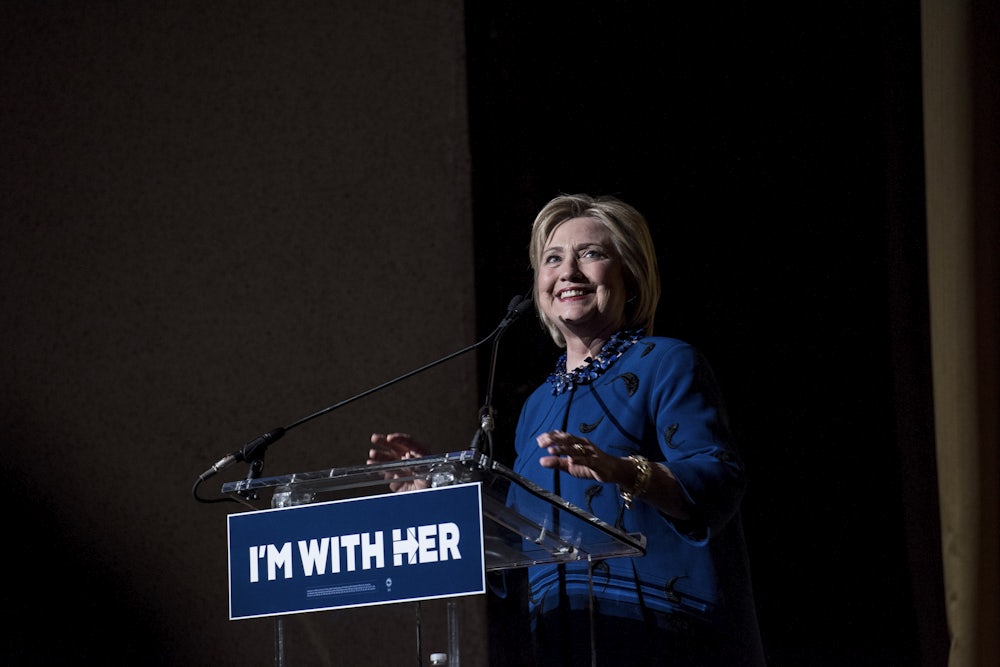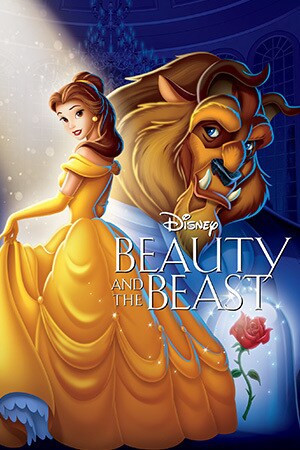Masculinity and femininity are social constructs that vary
culture to culture. Dutch social psychologist Gerard Hendrik Hofstede is
popularly known for his comparison of cultures based on several
values, including power distance, individualism versus collectivism, masculinity
versus femininity, uncertainty avoidance index, long-term orientation versus
short-term orientation, and indulgence versus restraint. A quick break-down of
each follows:
-Power distance index: the
extent to which the less powerful members of organizations and institutions
(like the family) accept and expect that power is distributed unequally
-Individualism vs. collectivism : degree to which people in a society are integrated into groups
-Masculinity vs. femininity: a
preference in society for achievement, heroism, assertiveness and material
rewards for success
-Uncertainty avoidance index:
a society's tolerance for ambiguity
- Long-term orientation vs.
short-term orientation: he connection of the past with the current and
future actions/challenges
- Indulgence vs. restraint : a
society that allows relatively free gratification of basic and natural human
desires related to enjoying life and having fun
According to the Hofstede scale, the United states value for
the masculinity dimension is 62 (on a 0-120 range). The highest ranking on the
masculinity dimension is Japan at 95 and the lowest being Sweden at 5.
THIS LINK allows viewers to compare countries on all dimensions
of the scale.
Seeing how the numbers compare country to country allowed me
to make since of certain demographics of countries. For example, Japan’s high suicide rate is likely related to their high value of masculinity
and competition. Sweden on the other is classified as having a feminine society,
but the lowered pressure of competition and the acceptance of compromise, makes
for a lowered suicide rate. See Clearly Cultural: Masculinity for more.






